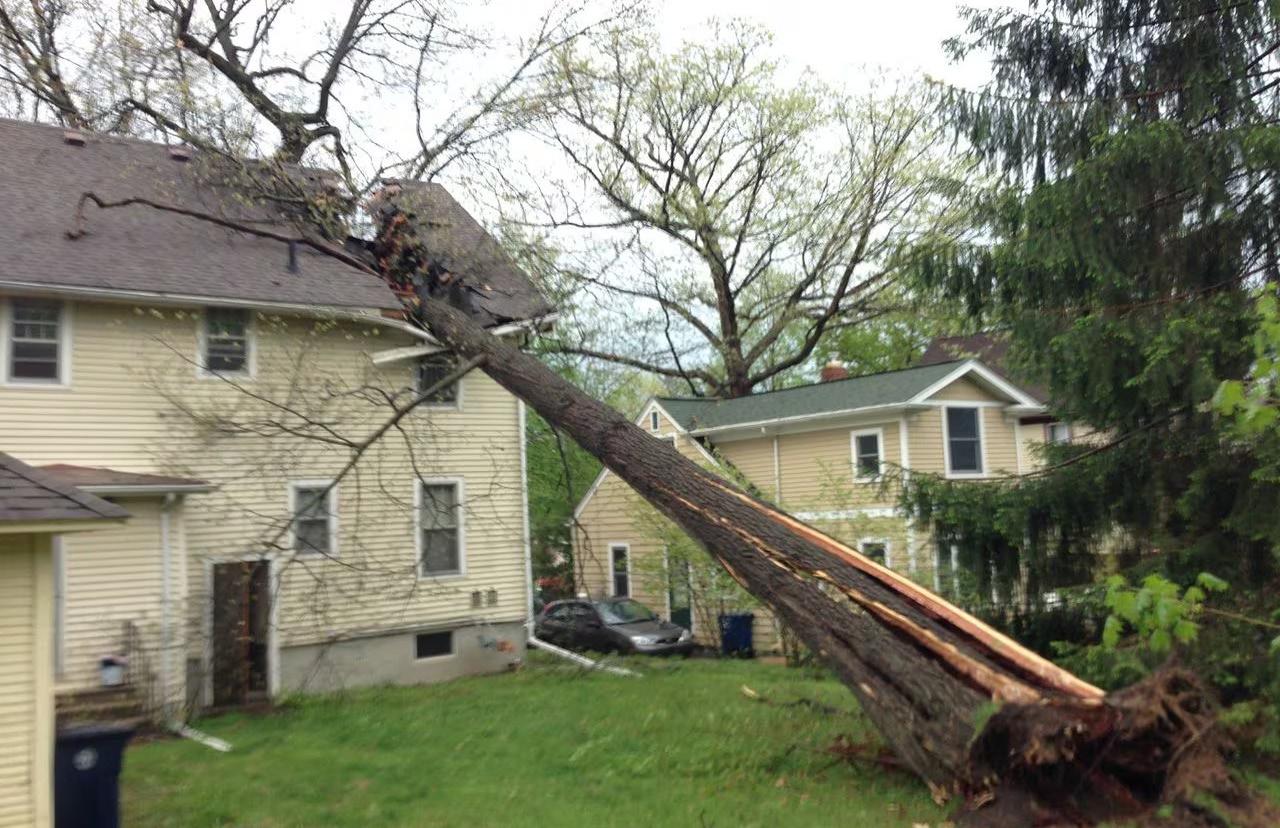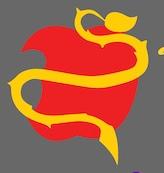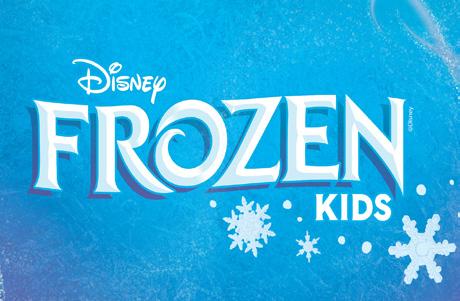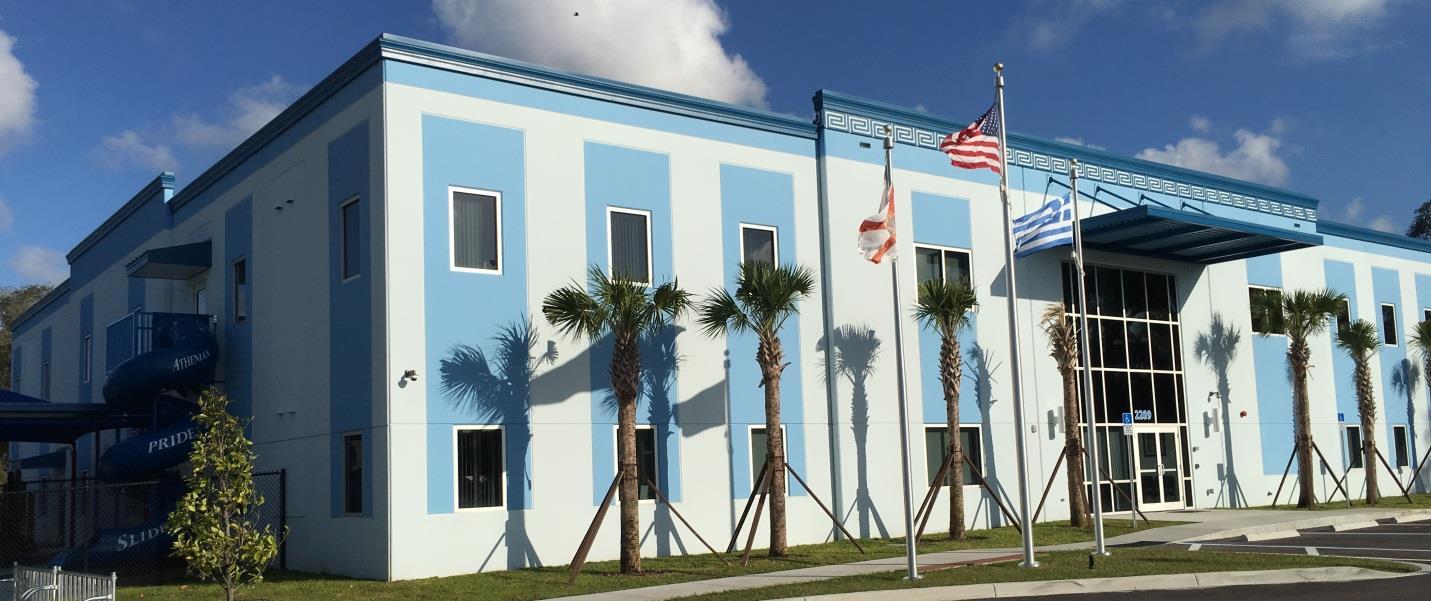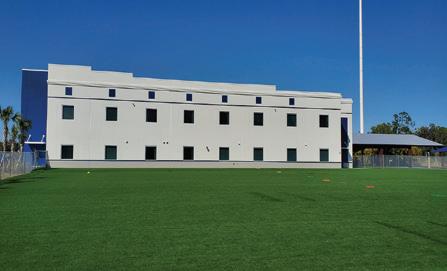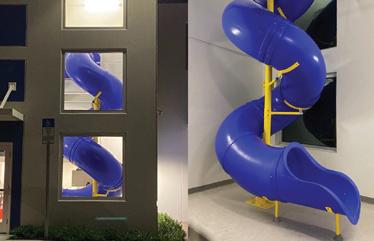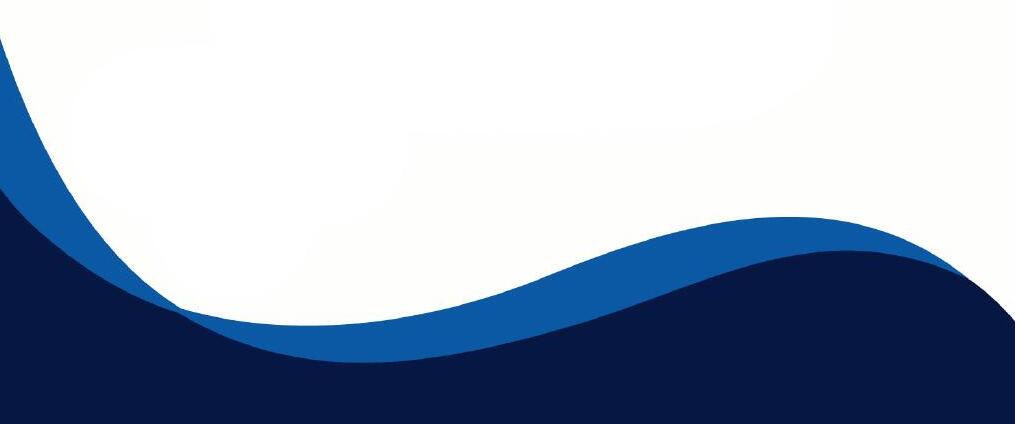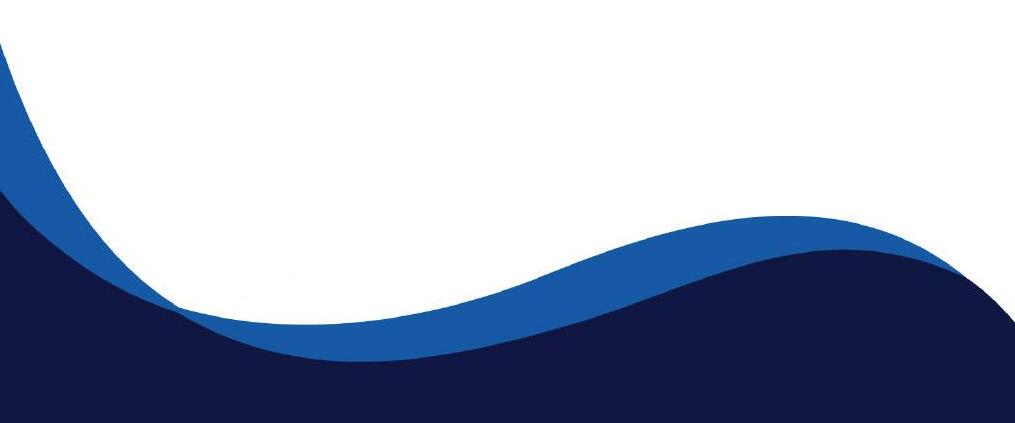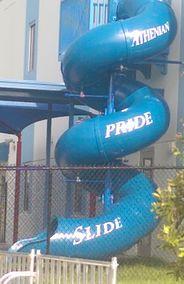
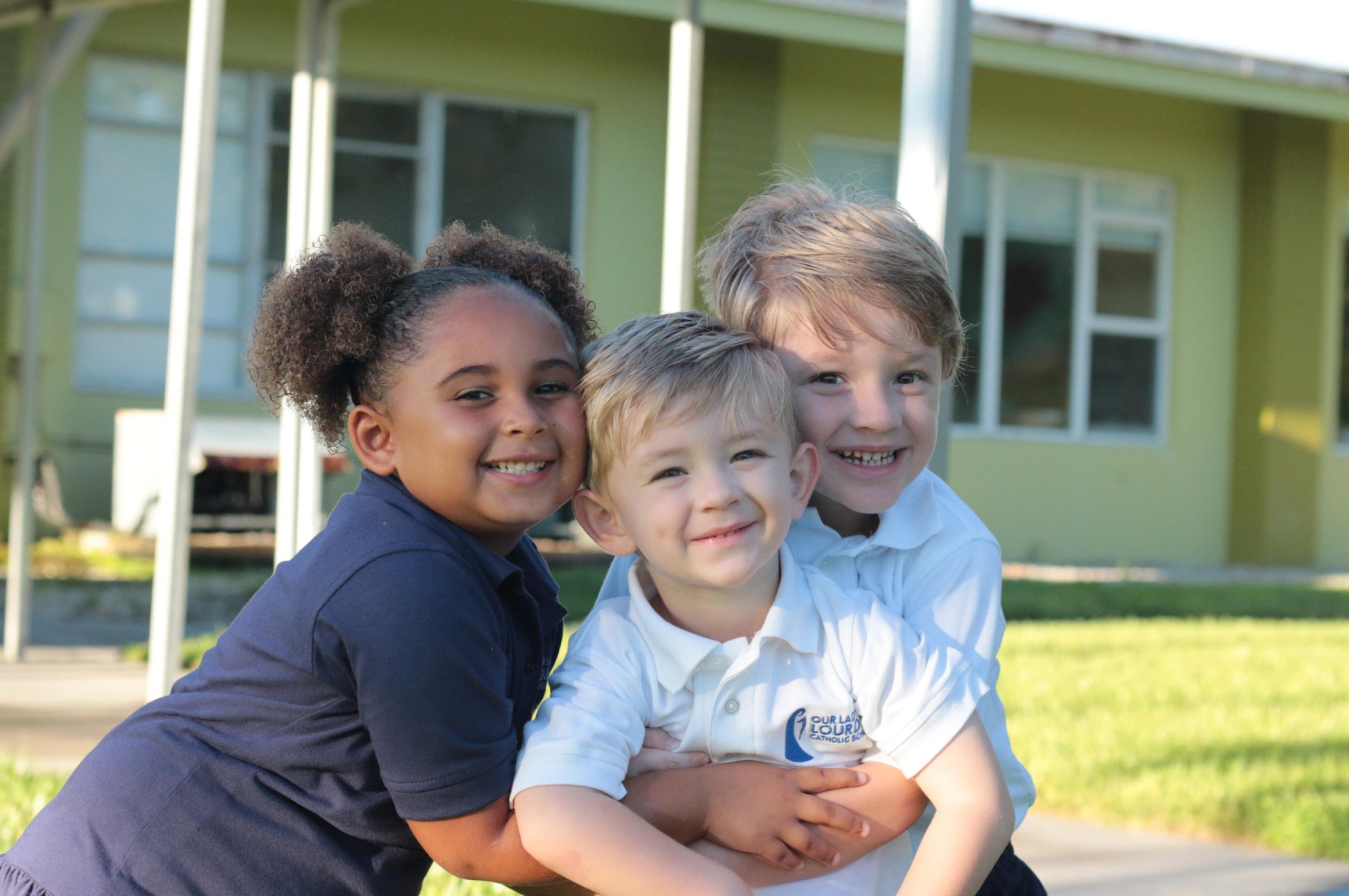

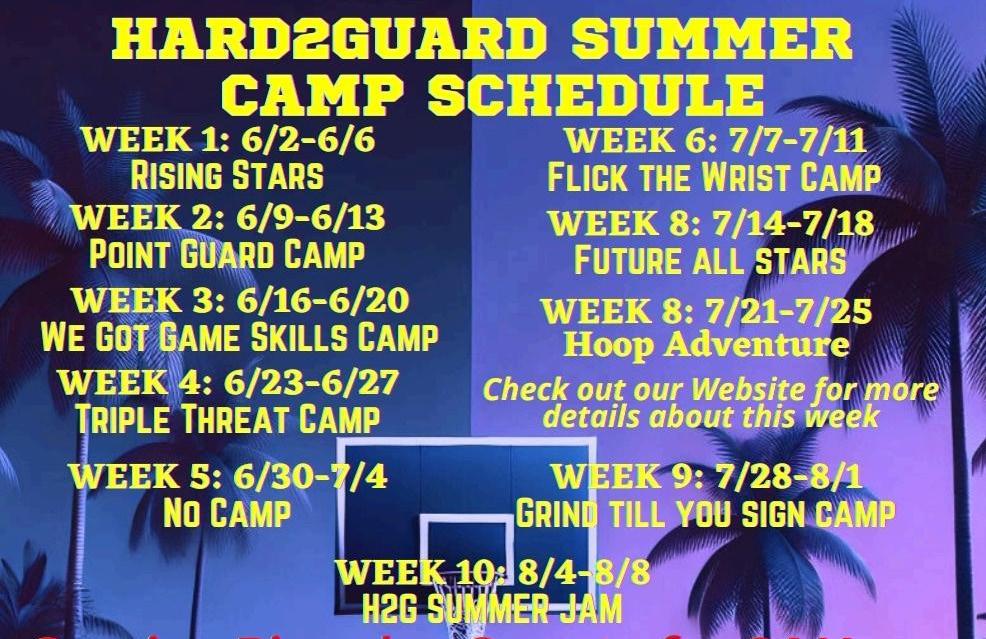



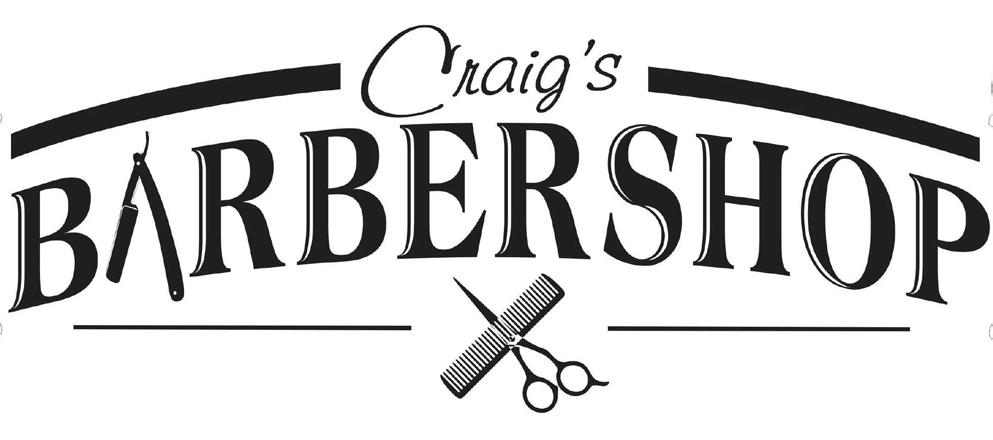















This is the time of year to register 4 year olds for FREE
Voluntary PreKindergarten, better known as VPK, gives children a jump start by preparing them for school and enhancing their pre-reading, pre-math, language and social skills. By developing the skills children need to become strong readers and students at an early age, children are more likely to be successful in school. VPK classrooms offer highquality programs that include high literacy standards, developmentally appropriate curricula, manageable class sizes and qualified teachers.
If you live in Florida and have a child who turns 4 years of age by September 1, 2024, your child is eligible for Florida’s FREE VPK program. Your child can attend
one of the two programs offered annually. The school-year program includes 540 hours of instructional time and begins in August. The summer program consists of 300 instructional hours and can begin as early as May 1st.
Back in the day (November 2002 to be exact) Floridians voted to change the constitution to require that high quality prekindergarten be made available to all four year olds in the state. In January 2005, after a couple of bumps in the road, VPK legislation was signed into law. By August of 2005, thousands of four years olds were signed up for the first VPK programs.
Well, first off, did you know that the most important time for the growth
and development of a child’s brain happens before the age of five? That’s right, the early years are the learning years. VPK will get your four year old ready for school. When they start kindergarten, they will be better at just about everything! Like communicating (language skills), doing better on tests (who doesn’t want that?), and they will get along better with other kids and teachers (social skills) with fewer behavior problems.
Basically, you can choose the VPK program that meets your child’s needs the best. You can pick a preschool or day care center, a faith-based school (like in a church, temple or mosque), a family child care home (as long as it’s licensed) or even a private or public school. All of them must meet the high standards required by law.
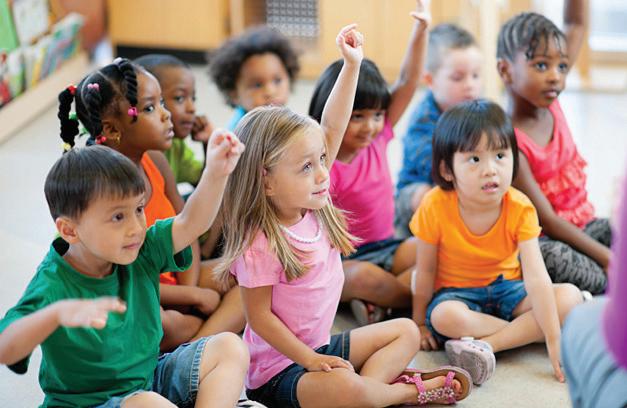
some of the rules?
There are lots of them, but first off, there has to be one instructor for every 10 kids. During the school year, there can’t be more than 18 kids in a class and during




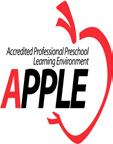

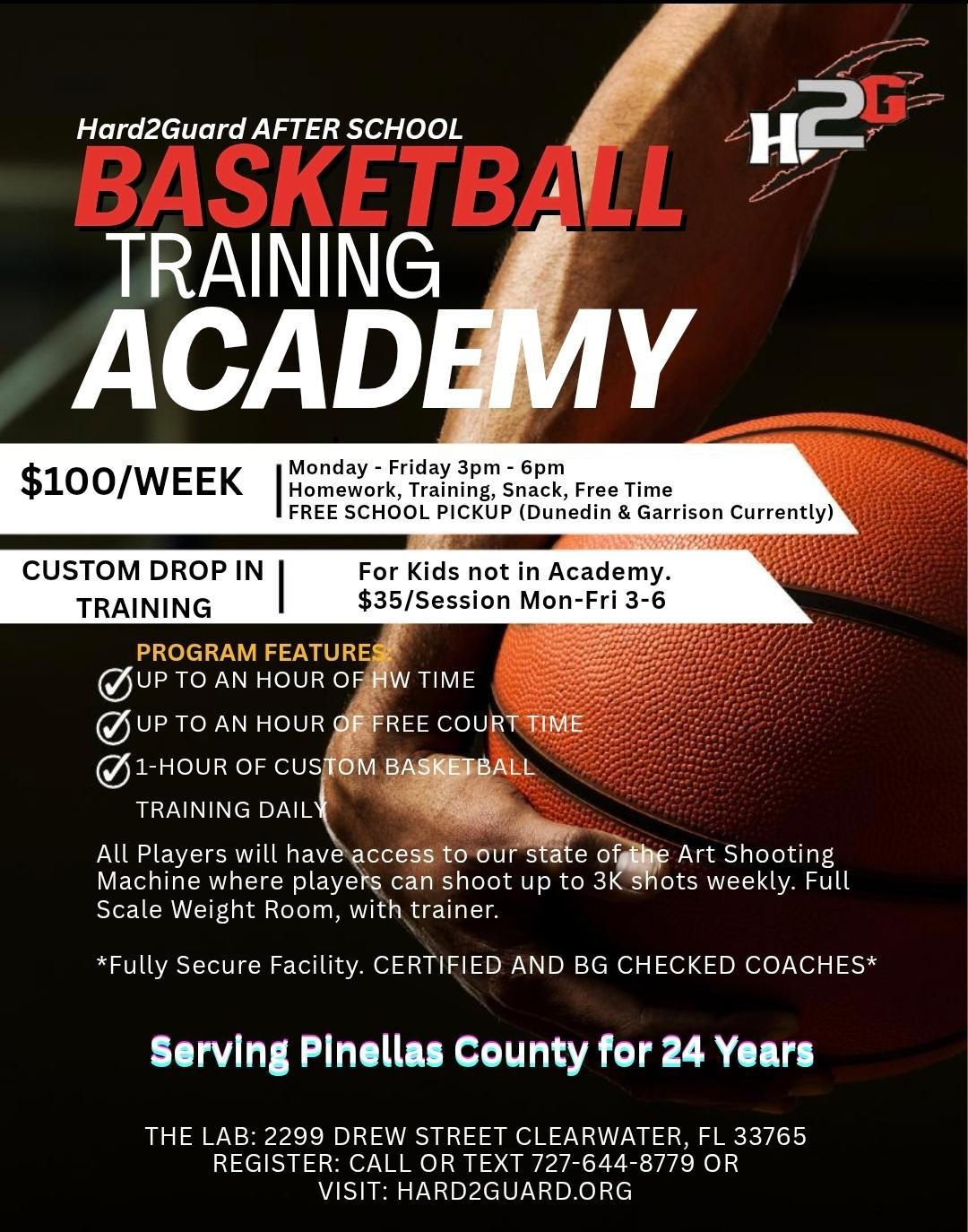
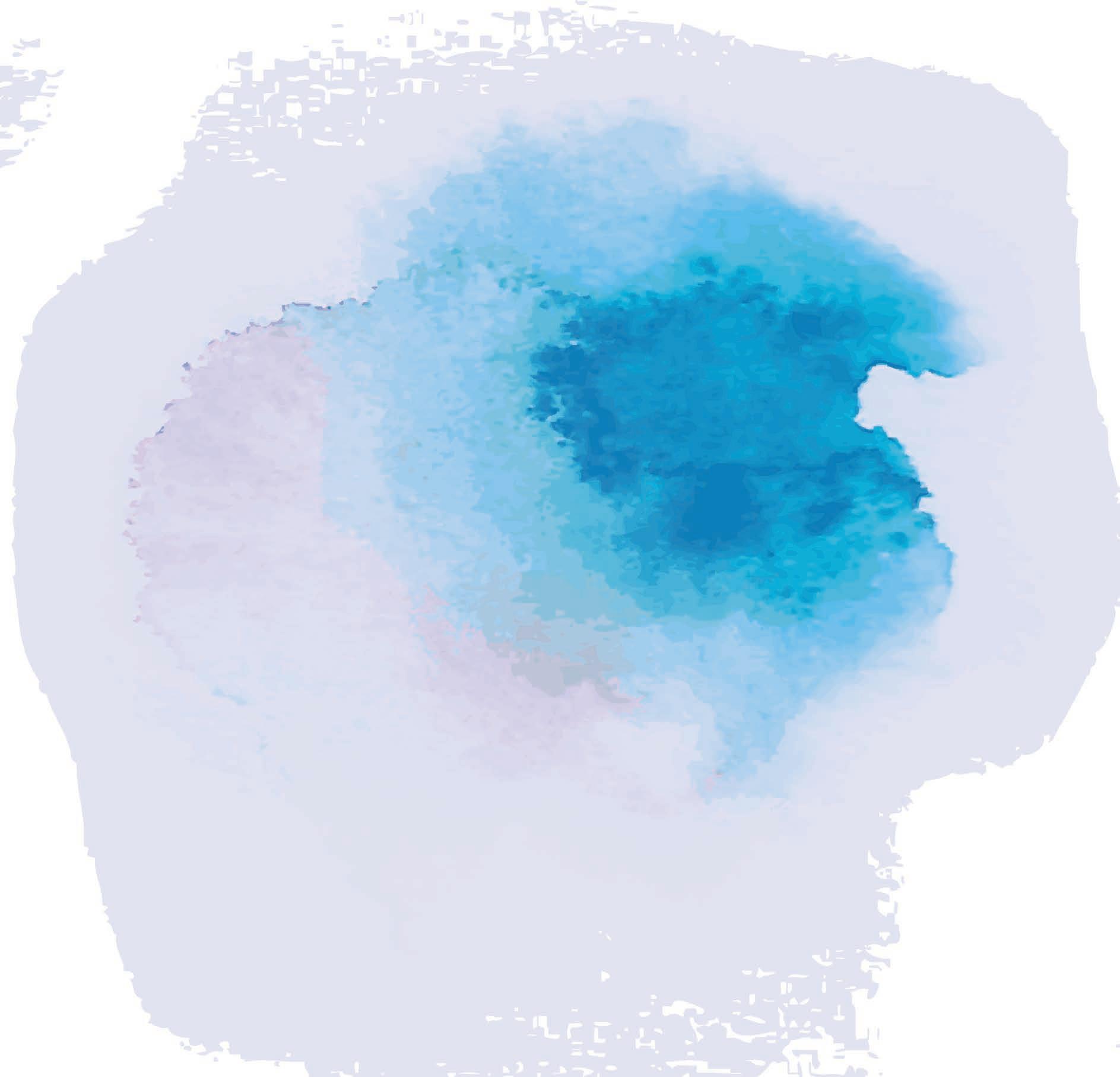
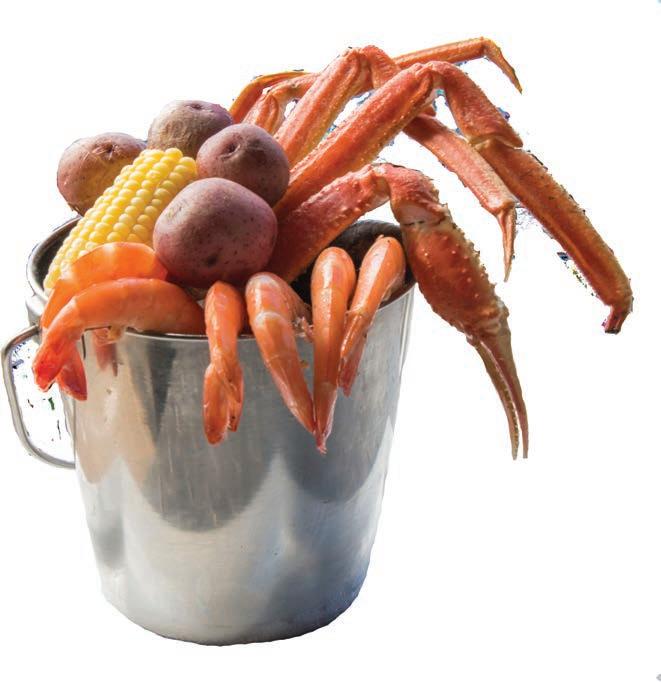

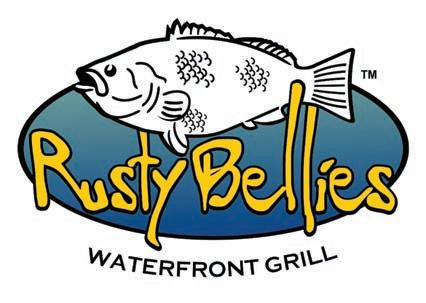











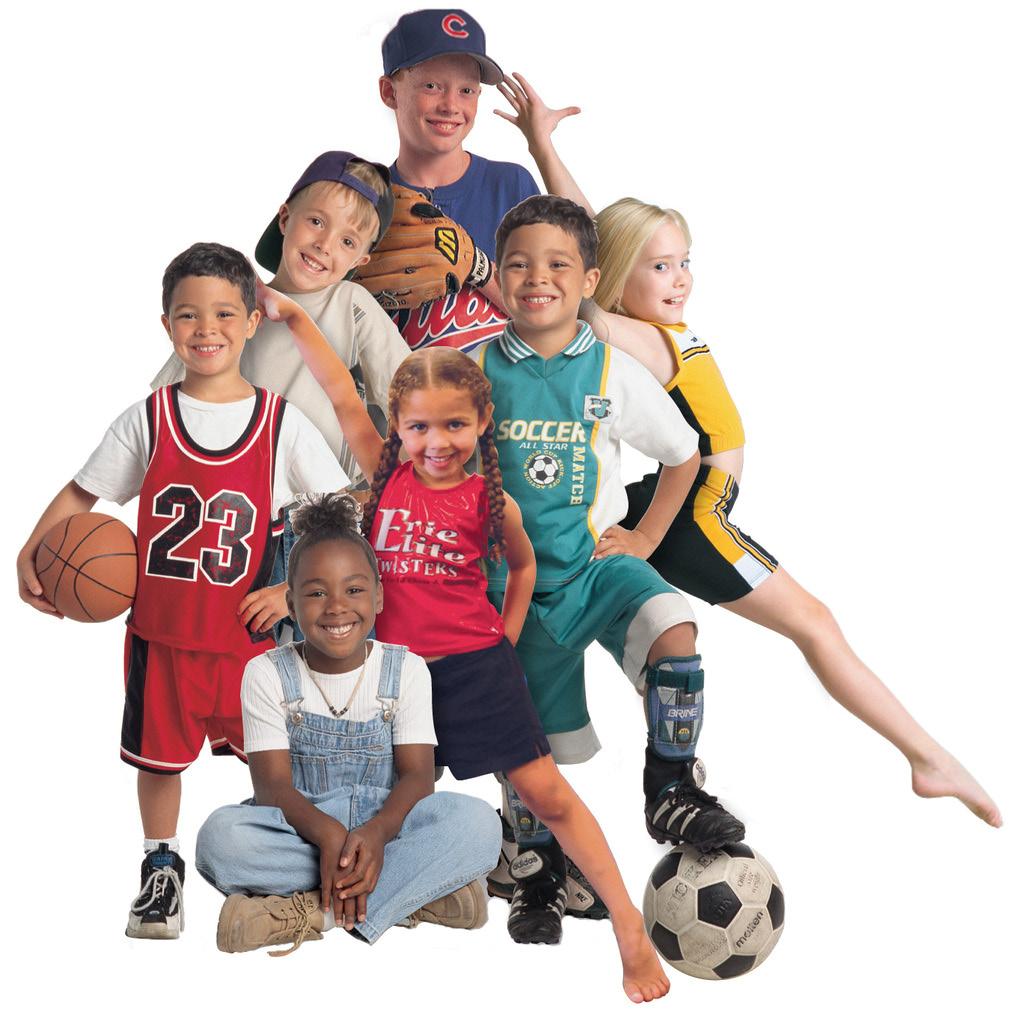
the summer there can only be 10 kids in a class. All VPK instructors must have a minimum of an associate degree in child development and during the summer, the minimum is a bachelor’s degree.
It sounds complicated, but it really isn’t. It measures how well a VPK provider prepares your child for kindergarten. The Florida Department of Education came up with VPK standards describing what four years olds should know and be able to do by the end of VPK. All kids are screened during the first 30 days of kindergarten by their teachers. Teachers observe and determine


what kids know and are able to do by watching them as they work, build, solve problems and interact with their classmates.
Based on the screening results, kids are considered to be Above Average, Low Risk, Medium Risk or High Risk. VPK providers are measured by the numbers of their kids determined Ready for Kindergarten, divided by the number of all kids screened. That calculation gives them all a score, or the VPK Provider Readiness Rate. Obviously, some score better than others, so it’s important to look it all up on a computer. All the scores for all the VPK providers are posted.





The Florida Department of Education (the guys in charge) studied the Readiness Rate scores and found out that kids in VPK programs scored higher on the Florida Kindergarten Readiness Screener (FLKRS). Their study also showed that kids who completed VPK programs scored higher on the FCAT and were less likely to be retained in third grade. That’s major! And it’s an important reason that ALL parents sign their kids up for VPK!
What if my child is in a VPK and doesn’t like it?
Don’t assume that all VPKs are the same. Like we said before, some are better than others. Let your child know that you’re allowed to switch one time during the year to another VPK program.
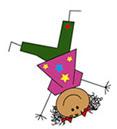
You can sign up any time up to a certain point in the year. You can also go to VPK during the summer. If you know where you want to go, call the school and find out. As long as you can get in 540 hours during the school year, or 300 hours during he summer, you’re good to go, Just don’t wait too long or you won’t be able to catch up!
OK,

STEP ONE: Complete the VPK Child Application online. Go to www. VPKPinellas. net or call 727.400.4405.
Submit the Supporting Documents. You will need to show proof of residency (like a recent electric bill or driver’s license with current address) and your child’s Birth Certificate or Proof of Age (like a birth record, certificate of arrival in the US or an immunization record). When the application is complete you will receive a
CertificateofEligibility voucher by email.
STEP THREE: Register with a VPK provider. You can call CCR&R (Child Care Resource and Referral) at 727.400.4419 for a list of certified VPK providers.
Do your homework and select the perfect VPK program for your child! Once you’ve made your choice, give your CertificateofEligibility voucher to the VPK provider you’ve chosen. For more information or to register in person, call the Early Learning Coalition of Pinellas County at 727.400.4405 or visit www.VPKPinellas.net

• Do children look happy, involved in activities and well cared for?
• Do teachers get on the child’s eye level to listen, talk and play?
• Do teachers give individual attention to each child?
• Are teachers warm, kind, calm and patient?
• Are there enough materials like blocks, books, puzzles and books?
• Are the materials available throughout the day?
• Are well planned activities provided like music, painting and dress-up?
• Does the place seem cheerful, clean and safe?
• Is equipment in good repair?
• Is hand washing and diaper changing done frequently?
• Is there adequate indoor space for play, naps, meals and belongings?
• Is the outdoor play area fenced, safe, well equipped and supervised at all times?
Remember! Pay attention to your instincts. You know your child best. Pay attention to any feelings of uneasiness you may have experienced during your visit. Do the teachers seem like people you can trust with the health, happiness and well being of your child? Is this a place where you would feel good about your child spending many hours each day? Keep in mind, the highest cost and all the high tech “bells and whistles” don’t necessarily guarantee the best teacher and facility. each day? Keep in mind, the highest cost and all the high tech “bells and whistles” don’t necessarily guarantee the best teacher and facility.
• Is the program licensed? Accredited?
• Are references and background checks conducted on the staff?
• Does the staff practice fire drills and evacuation procedures regularly?
• How many of the staff have been employed for more than a year?
•• Does your child’s teacher have training in Early Childhood Education?
• How about training in First Aid and CPR?
• How many children are there for each adult (adult to child ratio)?
• How many children are in your child’s group? A smaller group size can be a quality indicator.
• Are there policies/procedures for dropping off and picking up children?
• Are there policies/procedures to ensure that all children are present and accounted for during and following outdoor play, field trips and other transition periods?
• Are there written policies and procedures including emergency plans, vacations and substitutes?
• Are there written policies regarding philosophy of education, discipline, on-going staff education, illness and injuries, napping and toileting?
• Are parent visits welcome any time of the day and is parent involvement encouraged?
• Will your child be happy in this program?


As you prepare to send your preschoolers down the road to an education, you may be wondering: Is it too early for them to start playing organized sports? There are more opportunities for four year olds in sports than you may think!
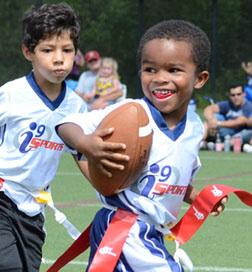
With the fall comes football and soccer. Youth football starts practice in the heat of the summer, but fear not! If your future NFL quarterback wants to strap on the gear this season, he or she will be wearing nothing more than a pair of shorts with a flag tucked in at the waist. At this age, kids will be playing non-contact flag football. The season typically runs from late August to the end of October with playoffs in November.
The Pop Warner Football League has flag football leagues all over Pinellas. Go to their website www. popwarner.com to find the team in your area.
If futball to your child means a round ball that you never touch with your hands (unless you are the goaltender), the soccer season runs from November to February and the younger age groups like Little Kickers and Little Rascals focus more on developing basic soccer skills rather than competition like the older age groups. Call the Florida Youth Soccer Association at (863) 268-8220 to find the club in your area.
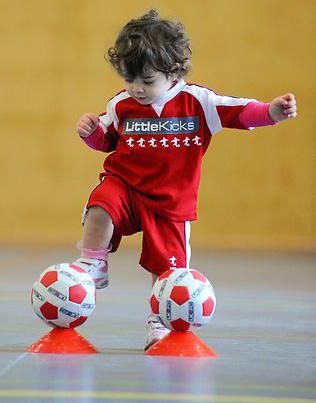
There is nothing more endearing than seeing four year olds in full hockey gear, waddling toward the goal crease with their helmets falling down over their eyes, in slow motion. Parents, there’s no reason to fear! At this age, the gear protects the little tykes when they fall, and there’s no checking at this age, either. MiniMites is all about learning the game and classes are year round.
Go to www. tampabayice. com for a rink in your area.

Of course, we all love the controlled chaos of a Little League T-Ball game. The tradition of spring baseball is alive and well with the little ones. Again, the focus is on learning, not keeping score. But at this age the kids can count, so don’t be surprised if your child recounts the score on the drive to the obligatory post game ice cream store.
You can visit Facebook.com/ Florida District 12 LittleLeague to find a league in your neighborhood.





